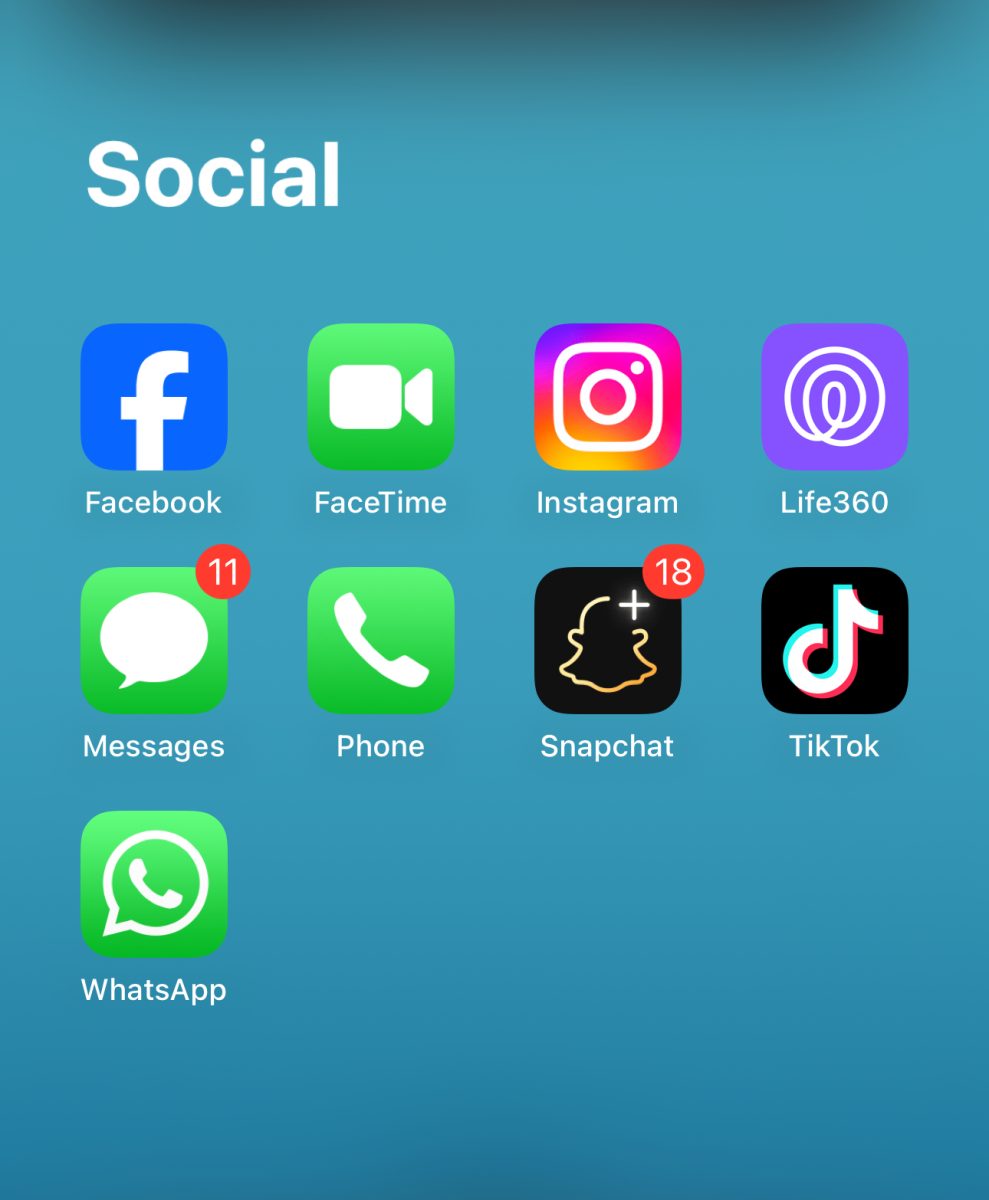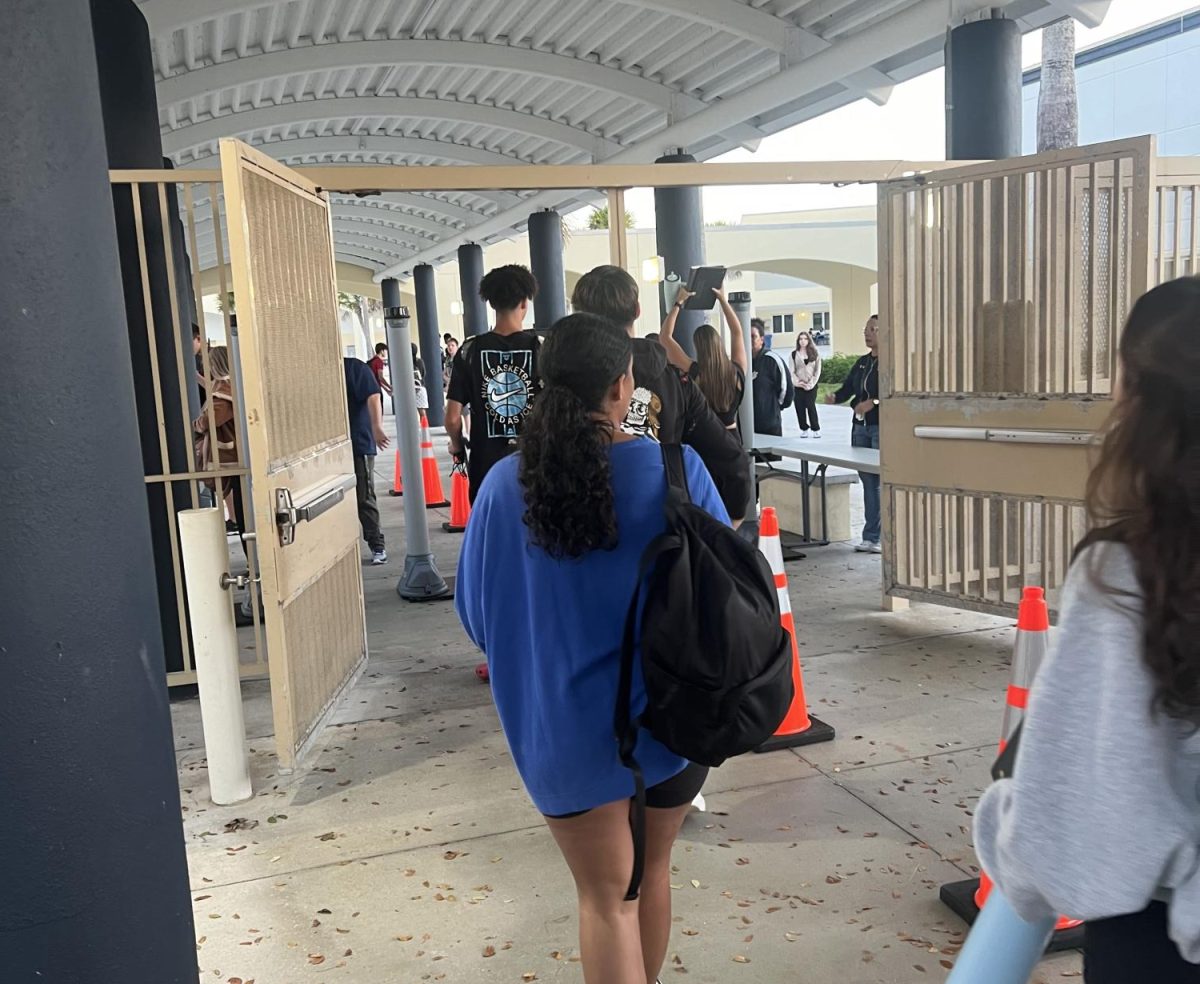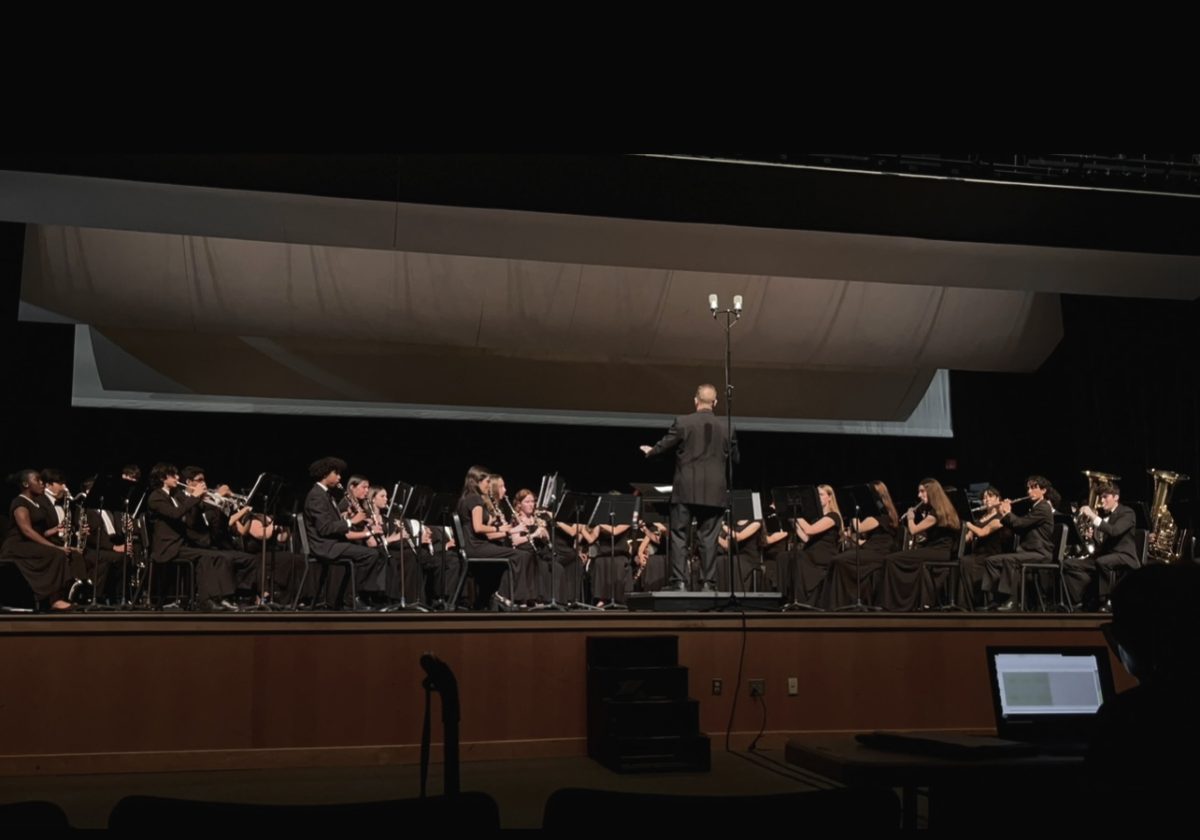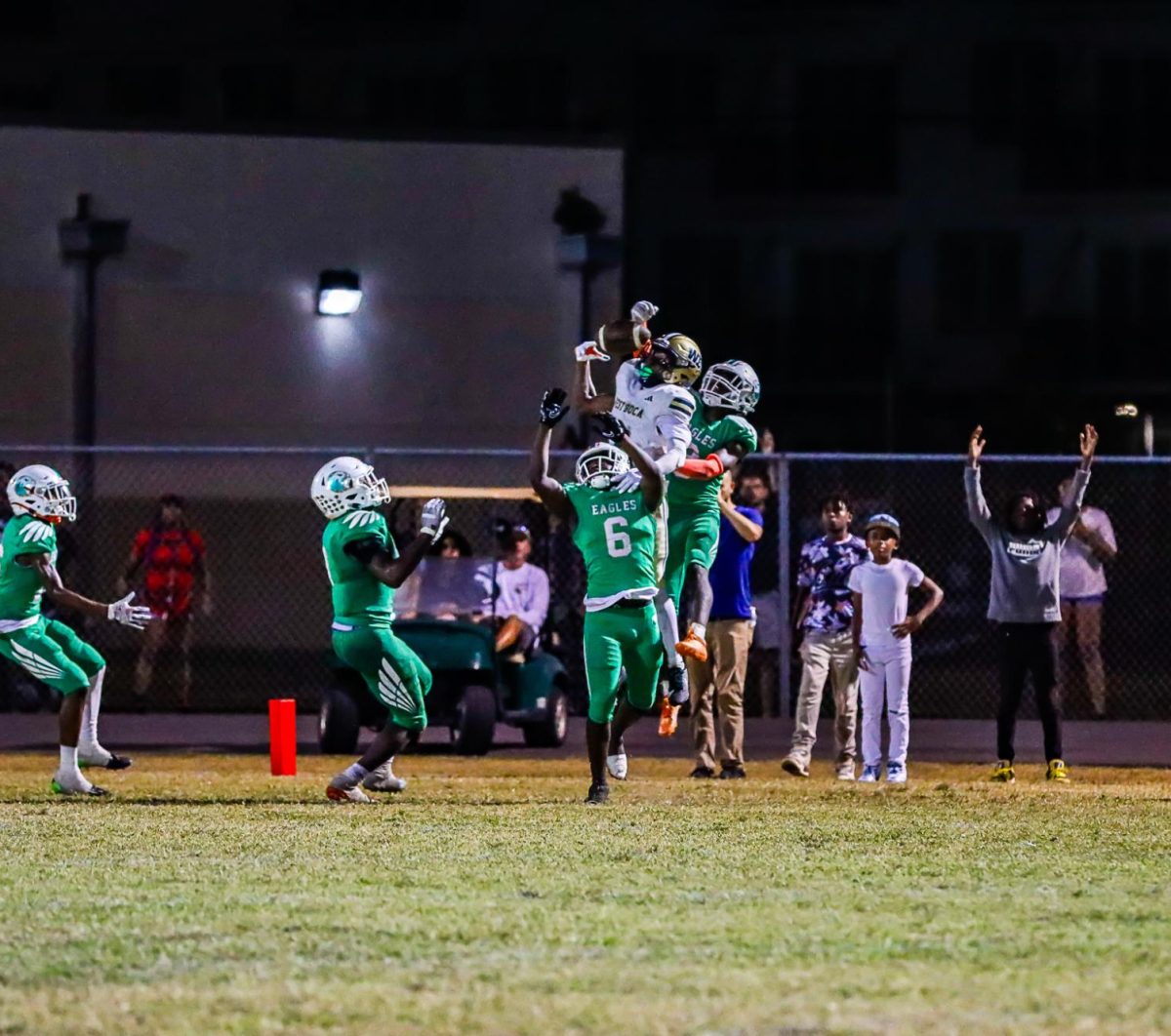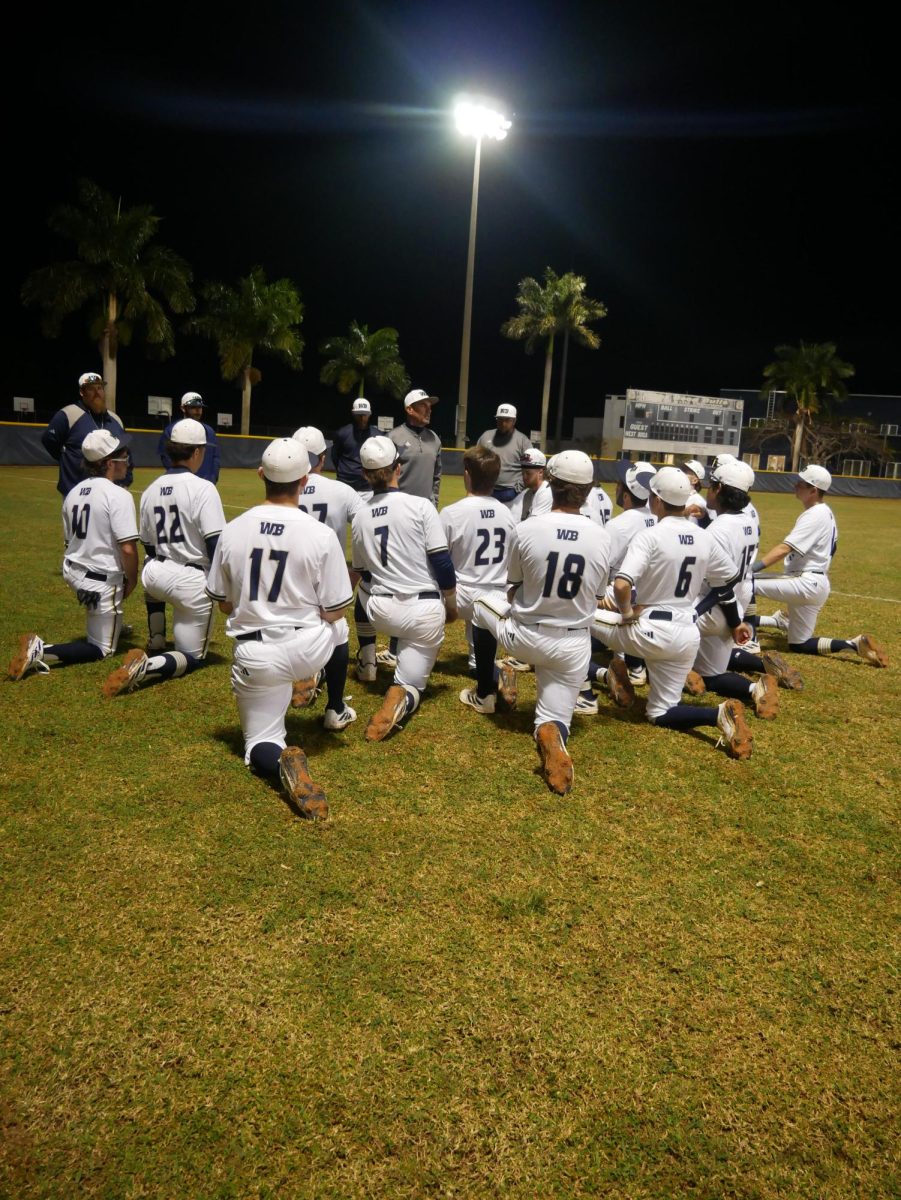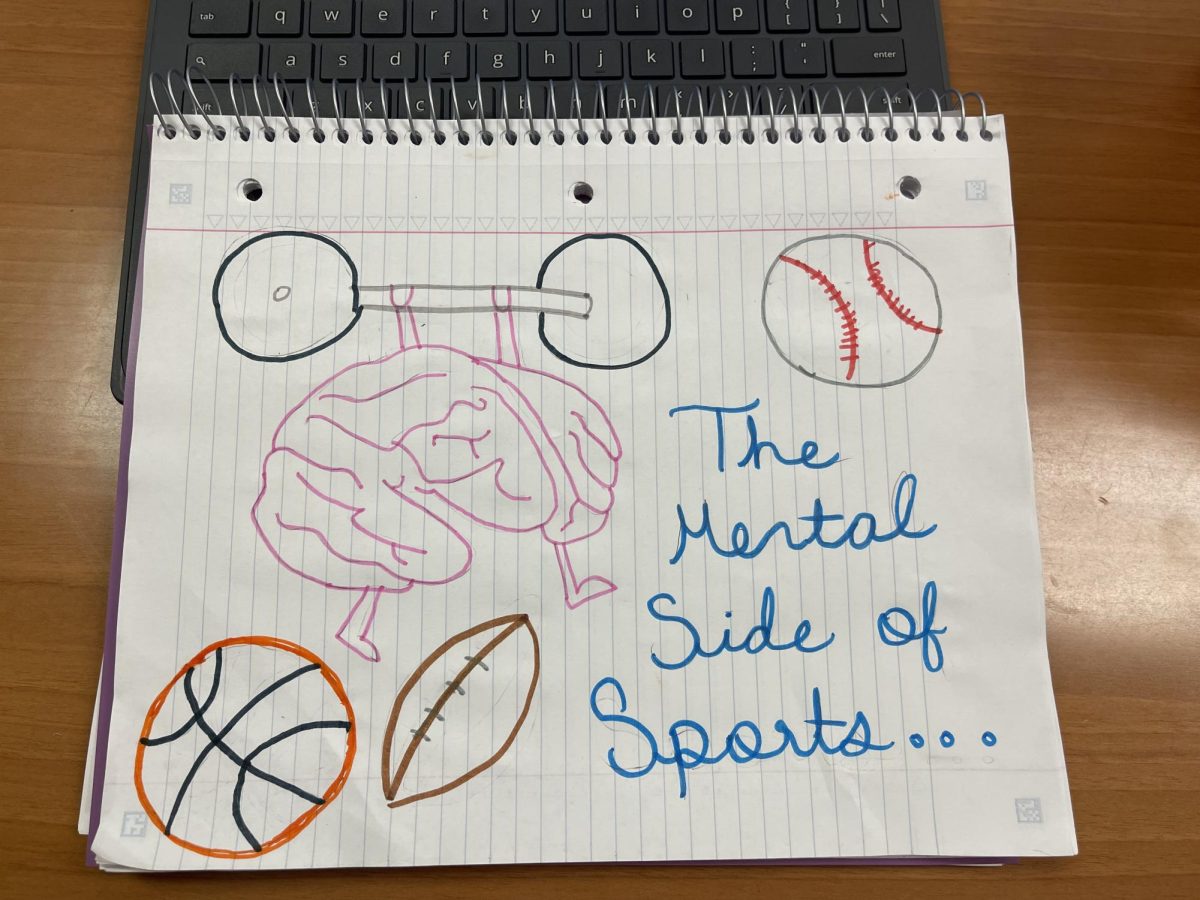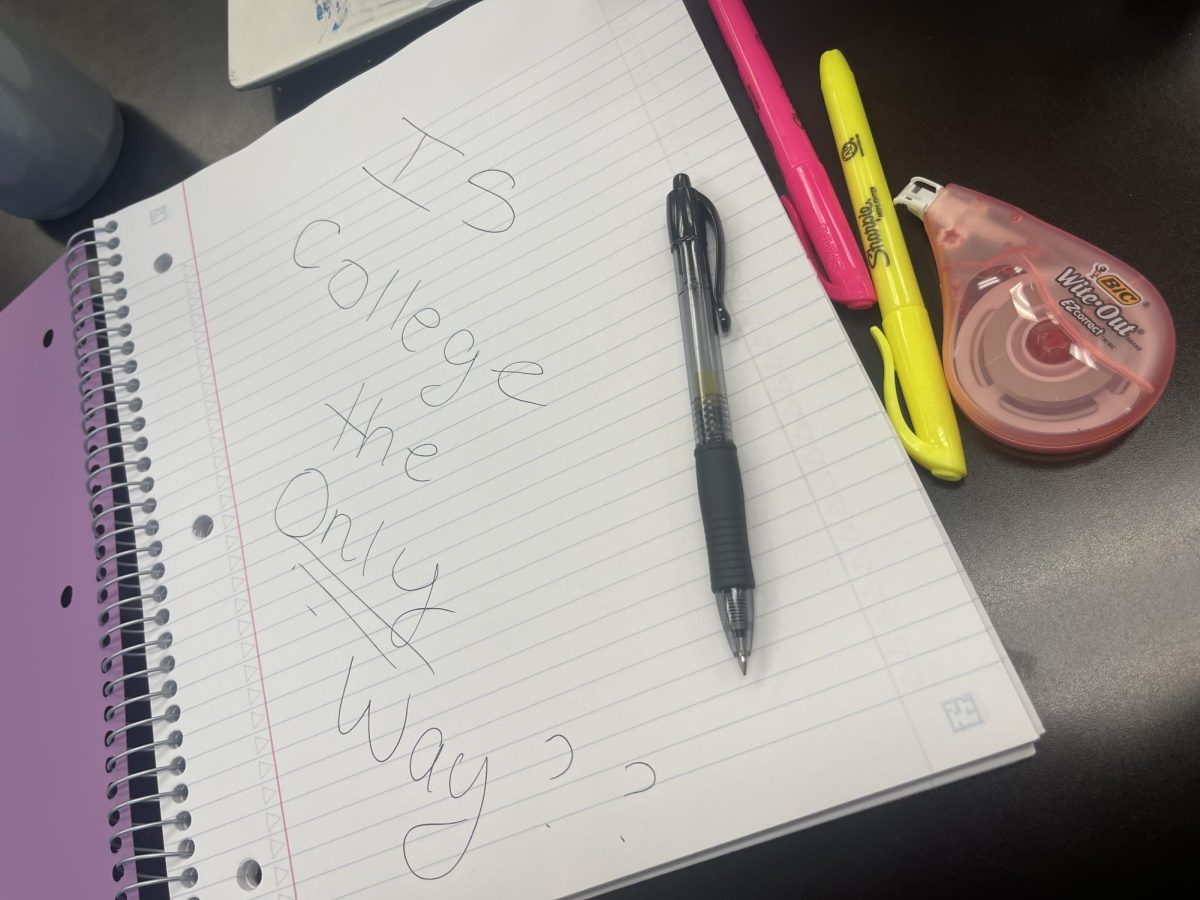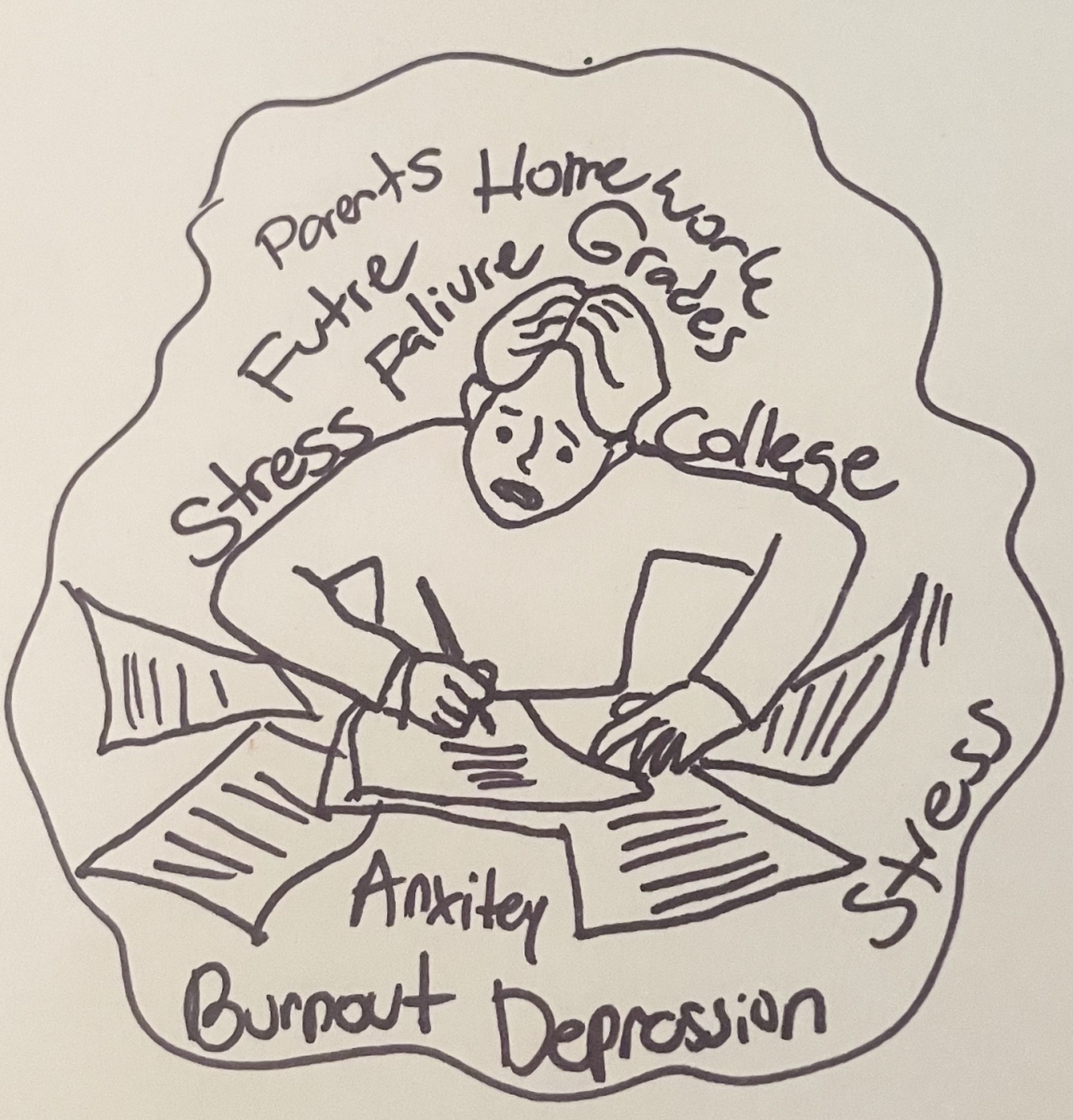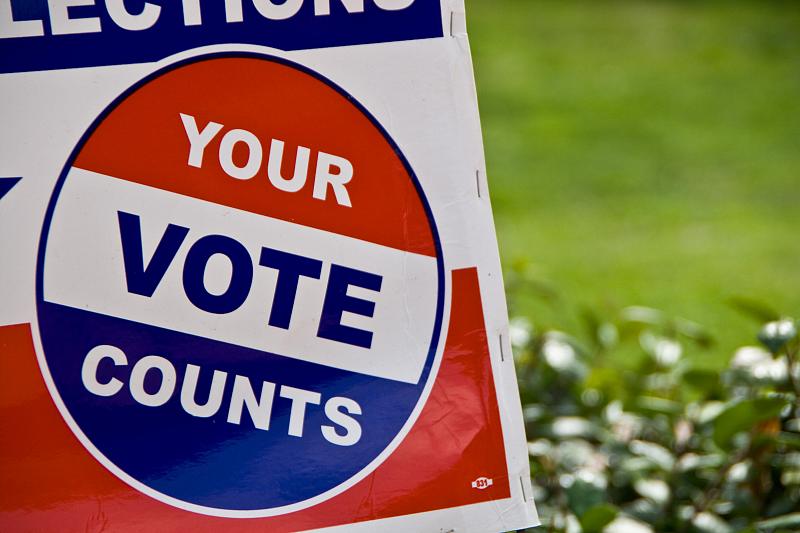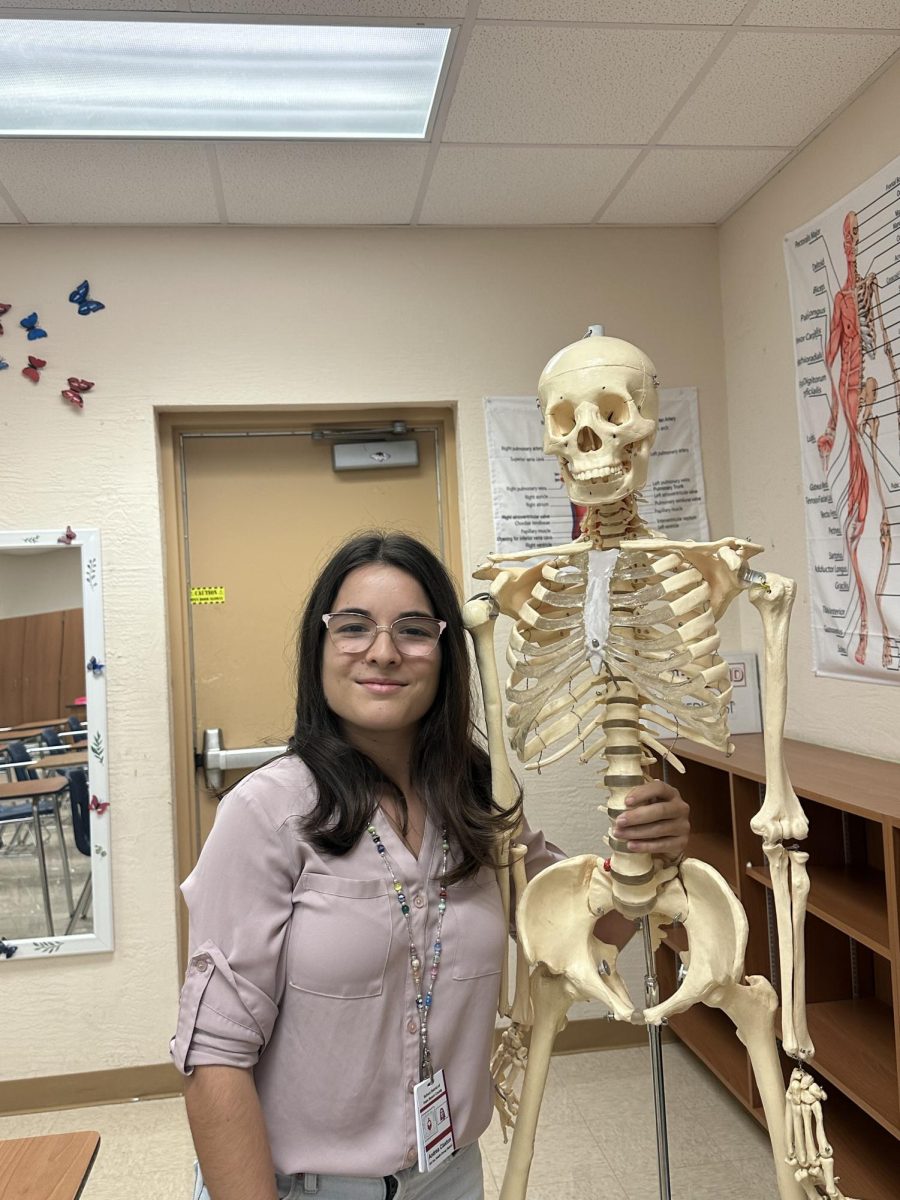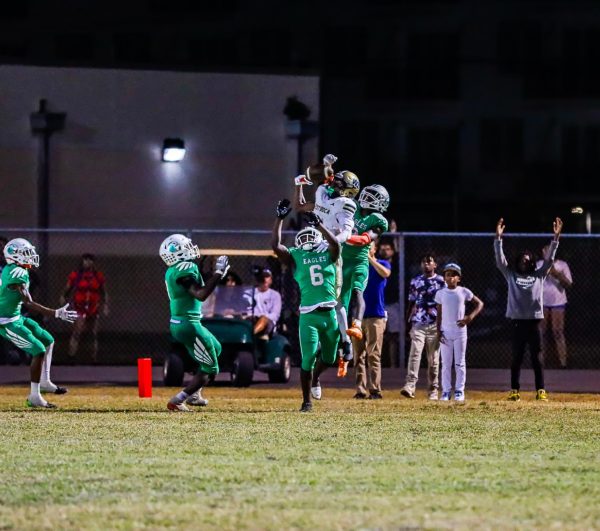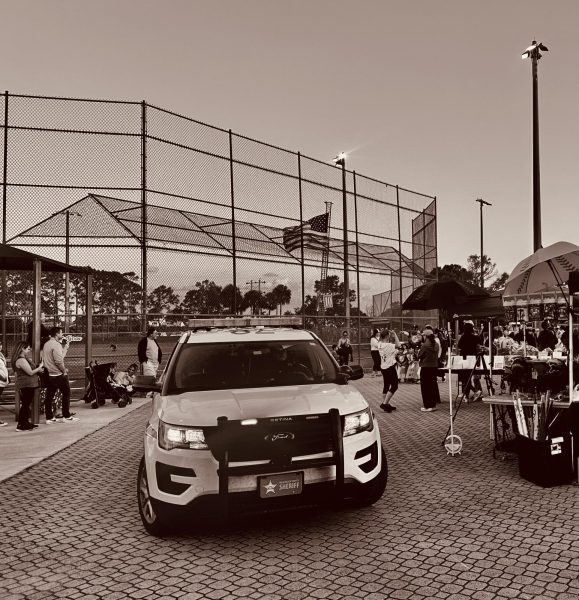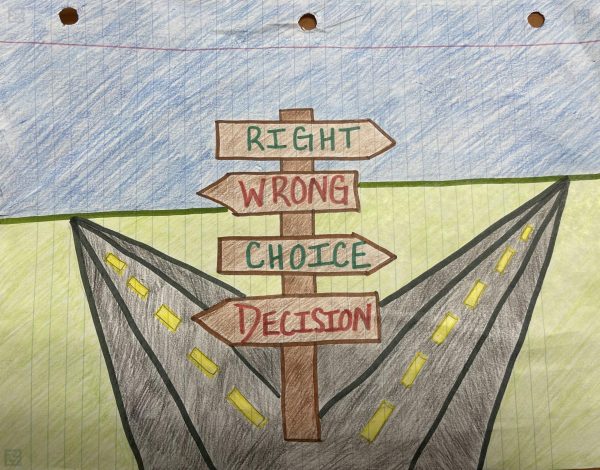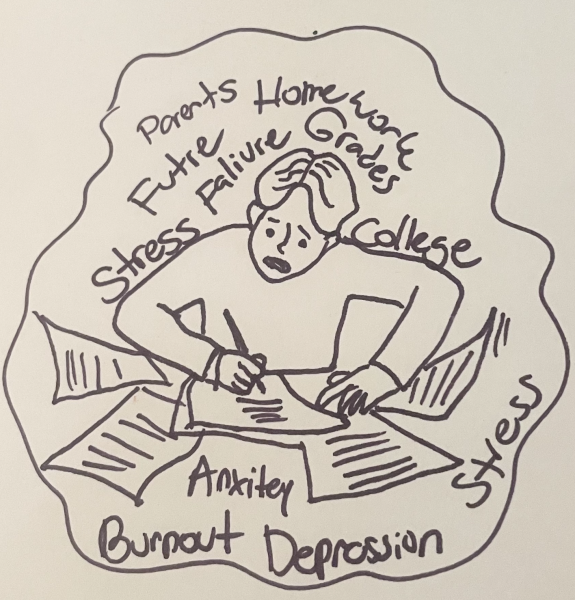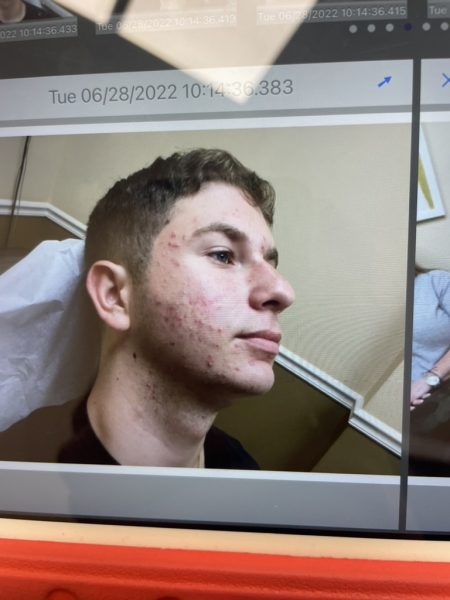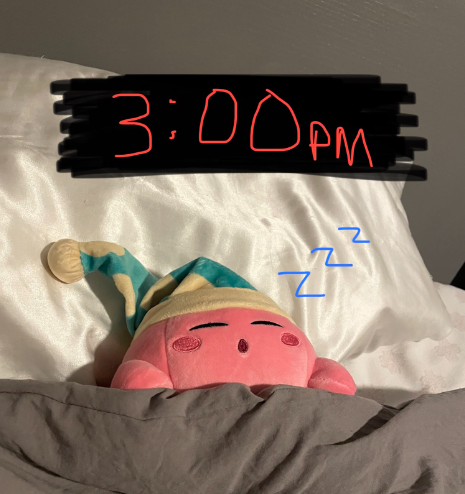Hidden Online Dangers
October 11, 2022
For teenagers, communicating online has become an important tool allowing them to meet new people, but there are some risks that follow with communicating through social media. Posting and communicating online exposes you to online dangers such as cyberbullying and online predators. It’s important to know of online dangers and how to find help for yourself or someone else.
Cyberbullying is defined as using technology to threaten or intimidate someone. In a 2019 report by the U.S. Department of Education, about 16% of high school students experienced some form of cyberbullying in the past twelve months before partaking in the report. Schools and the federal government have tried to stop cyberbullying, one of the more notable efforts being Michelle Obama and Melania Trump’s campaigns. However, this campaign was directed at bullying in school, not entirely cyberbullying.
Cyberbullying goes unnoticed most of the time, sometimes leading to suicide. Cyberbullying impacts a person’s mental health immensely. According to an anonymous source, in their experience, they have stated somebody had reached out to them online and was saying a lot of harmful things on a daily basis and would threaten to say false rumors if they seeked help.
Situations like this can make you feel trapped and stressed. This school district has a bullying hotline reachable at (561) 434-8200. Another way of seeking help can also be talking to a trusted adult, although there are more anonymous options to seek advice/help at stopcyberbullying.gov.
One of the greatest dangers to children and teenagers online is unsupervised communication with strangers. With 97% of boys and 83% of girls playing some form of video games according to the Pew Research Center. There are so many ways to talk with random people from all over the world with platforms like Twitter, Instagram, Twitch, Discord, Tumblr, Steam, Xbox, and more having some type of messaging system.
The anonymity of the internet lets predators get close to children, acting like someone of a similar age. These people just try to become your friend, either by gaining trust or sympathy. Oftentimes, they will tell you about their trauma or other “issues” they have in their life to get close to you and emotionally manipulate you.
Recently, on Instagram there has been a hacker going around and sending links to teenagers’ accounts and asking for help, with a link attached to the message. The link allows the hacker to access your account. Then when your account gets hacked, the hacker reaches out to the teenager’s friends and family to gain money. The hacker may demand money from the original owner to get their account back. This has happened to students attending West Boca Raton high school.
A student from West Boca has stated that their account was hacked, the hacker had posed as their friend and reached out to them asking for help and they clicked on the link which had led to their account getting hacked. When the student had asked for their account back the hacker requested $500 in order for the student to get their account back. There are also instances that happened where hackers can get access to your personal information which can be very dangerous especially for young teens. These hackers are really good at tricking these teenagers and gaining access to their personal information. This is why it is important to spread awareness of the dangers of online predators who take advantage of teens.
The president of the Cyber Civil Rights Initiative and a professor at the University of Miami Mary Frank, said that these websites and applications “are essentially hunting grounds” for new victims, due to how unregulated messaging can be.
If you or someone else is ever in a situation like this, you can talk to authorities or anyone you trust. The FBI also has a page where you can find the Cyber Tip Line.

